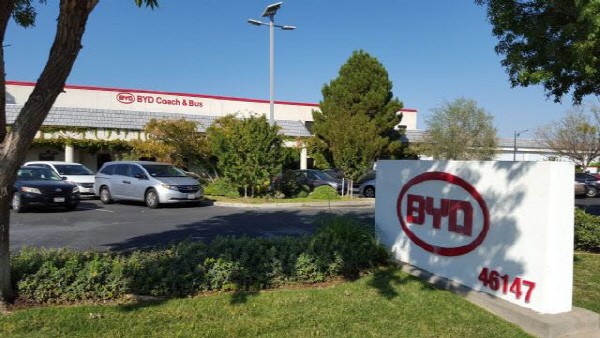Significant rise in prices: Lithium 261%, Manganese 81%, Cobalt 70%
Signed a 'metal price linkage contract' between material and battery companies
Concerns about placing burden to auto companies, wh
Following urea and magnesium, the price of key raw materials for batteries used mainly by Korean battery makers increased all at once compared to the beginning of the year. Lithium rose 261% from January, and cobalt, the most expensive of the core materials, jumped from $33,000 per ton to $56,240.
Currently, material-battery-finished automakers have a 'metal price linkage contract' that raises the purchase cost when the price rises. The impact on the materials and battery industry is minimal due to this contract. Ultimately, the burden from the price increase is highly likely to be passed on to consumers and the finished auto industry, which is at the end of the value chain. The auto industry is not able to withstand profitability, and the possibility of raising vehicle prices is expected.
According to the Korea Mineral Resource Information Service (KOMIS) on the 8th, the transaction price of four key raw materials for lithium-ion batteries jumped all at once compared to January of this year. Manganese rose 81% from $1,305 (KRW 1.55 million) per ton in January to $2,365 (KRW 2.8 million) in November, while cobalt rose 70% from $33,000 to $56,240 and nickel rose 13% from $17,344 to $19,590. In particular, in the case of lithium, the price per kg jumped 261%, jumping from RMB 48.5 (KRW 8,977) in January to RMB 175.5 (KRW32,490) this month.
Domestic lithium-ion batteries are made by mixing nickel, cobalt, manganese, and aluminum in appropriate proportions. The core material of the battery cathode material is completed when lithium is mixed with the right proportion.
The rise in the price of key raw materials for batteries is believed to be due to a combination of factors such as an imbalance in supply and demand due to increased demand for lithium-ion batteries, an increase in mineral prices, and production disruptions in raw material producers due to the COVID-19 pandemic.
There is also concern that the profitability of electric vehicle manufacturers may deteriorate and the burden may be on consumers due to the rise in the price of finished products such as electric vehicles as the price of raw materials for batteries rises.
Battery value chain making a metal price linkage contract between a finished product battery maker and a cathode material maker that purchases and processes raw materials such as nickel. This is a contract method that flexibly operates the supply price according to the market price when the price of minerals and raw materials rises or falls. It is common to make metal price linkage agreements with finished product battery makers and electric vehicle makers. Accordingly, there is no significant damage to raw material increases for three domestic battery companies (LG Energy Solution, SK On, and Samsung SDI.) However, the problem is the deterioration of the profitability of the automobile industry that produces and sells electric vehicles. According to the current trend, there is also a forecast that the battery production price, which was previously at $100 per 1kWh, could rise by around 5%.
An official from the battery industry said, “If the price of raw materials rises through a metal price linkage contract, we bear the risk of price increase at a certain rate, but the rate will be slow. The biggest concern is the deterioration of profitability of automakers that deal directly with consumers.”

Raw materials prices for Lithium-ion (NMC/NCA) is not the only price that has been risen. Lithium iron phosphate (LFP), which is cheaper than the ternary system, also has a significant rise in the price of raw materials such as lithium and phosphoric acid. BYD, China's second-largest battery manufacturer, has decided to raise the price of LFP batteries by 20% from next month and notified customers such as finished vehicles.
By Staff Reporter Tae-jun Park (gaius@etnews.com)